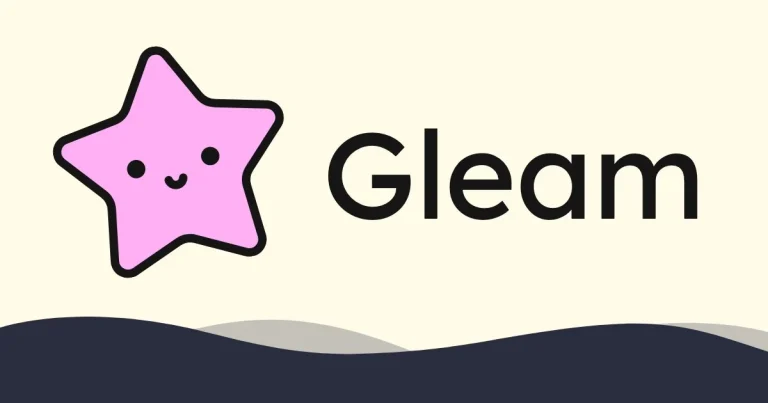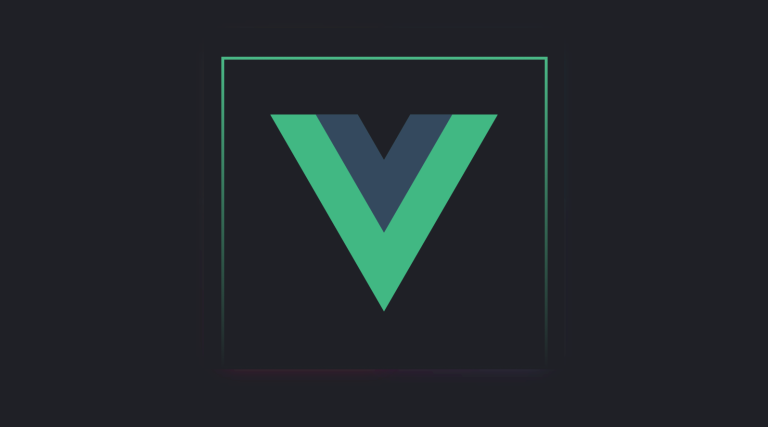Introduction: The Developer’s Dilemma
If you’ve ever found yourself staring blankly at your code editor after hours of debugging, you’re not alone. The life of a developer can be thrilling, but it often involves high cognitive loads, long problem-solving sessions, and mental fatigue. What if there was a way to sharpen your focus, improve your productivity, and reduce stress—all without writing a single line of code?
Enter: meditation.
Meditation isn’t just for monks on mountaintops. It’s a scientifically-backed tool that’s making its way into the toolkits of high-performing developers and tech leaders. In this post, we’ll explore how meditation can make you a better developer, backed by real data, expert insights, and actionable strategies you can implement today.
The Science Behind Meditation and Cognitive Performance
Before diving into the practical side, let’s ground ourselves in the data.
- Improved Focus and Attention: A Harvard study found that mindfulness meditation can help increase gray matter in areas of the brain associated with learning, memory, and emotion regulation.
- Reduced Stress and Burnout: According to the American Psychological Association, mindfulness practices like meditation reduce the body’s cortisol levels, leading to lower stress and greater emotional resilience.
- Enhanced Problem Solving: A study from Leiden University found that open-monitoring meditation (the practice of observing thoughts without judgment) can promote divergent thinking—a key element of creative problem-solving.
For developers, this means better debugging under pressure, clearer architectural thinking, and more creative coding sessions.
Personal Experience: From Frustration to Flow
When I started my career in web development, I was like many others—burning the candle at both ends. Between context switching, imposter syndrome, and the pressure to constantly learn, I felt like I was always behind. Meditation became a turning point.
After committing to just 10 minutes a day using a simple mindfulness app, I noticed:
- Fewer emotional reactions to errors or team feedback
- Clearer decision-making when writing or reviewing code
- A noticeable improvement in my ability to “stay in the zone” for longer
Meditation didn’t just help me feel better—it made me better at what I do.
How Meditation Makes You a Better Developer
Let’s break this down into practical improvements:
1. Enhanced Focus and Reduced Distractions
Developers thrive in a state of deep work. Meditation trains the mind to gently return to the present moment, which directly improves your ability to stay focused on tasks.
Try This: Start your day with 5 minutes of breath-focused meditation before opening your code editor.
2. Emotional Regulation During Debugging
That feeling when your code breaks and nothing makes sense? Meditation helps build emotional resilience so you’re less reactive and more analytical in tough moments.
Try This: When you’re stuck, step away and do a 2-minute body scan meditation. You’ll often return with a fresh perspective.
3. Improved Communication and Collaboration
Working with teams means dealing with people—feedback, disagreements, and different working styles. Meditation increases empathy and patience, which are critical for effective communication.
Try This: End your day with a brief gratitude meditation to foster a positive mindset for the next day’s interactions.
4. Greater Creativity and Problem Solving
Some of the best solutions come not from brute force but from insight. Meditation encourages a quieter mind, where novel ideas often emerge more easily.
Try This: Incorporate a 5-minute open-monitoring session during brainstorming or architectural planning phases.
How to Start: Tools and Techniques
Here are beginner-friendly tools and tips to build a sustainable meditation habit:
- Apps: Headspace, Calm, Insight Timer, and Waking Up (by Sam Harris)
- Techniques:
- Focused Attention (focus on the breath)
- Body Scan (awareness of physical sensations)
- Loving-Kindness (cultivating empathy)
- Open Monitoring (non-reactive awareness of thoughts)
- Schedule Suggestions:
- Morning: 5-10 minutes before work
- Midday: 2-minute break between tasks
- Evening: Wind down before sleep
Pro Tip: Set a recurring reminder and start small. Even 2 minutes a day makes a difference over time.
Real Stories from the Tech World
- Chade-Meng Tan, one of Google’s earliest engineers, founded their mindfulness training program “Search Inside Yourself.”
- Jack Dorsey, co-founder of Twitter and Block, is known for his meditation retreats and regular practice.
- Arianna Huffington promotes mindfulness and meditation as part of building sustainable productivity in tech-driven lives.
These leaders aren’t just promoting it—they’re living it.
Final Thoughts: Code from a Calmer Mind
In a world of constant context switching, meditation is like a mental reset button. It’s not about becoming a different person—it’s about becoming a clearer version of yourself. For developers, that can mean fewer bugs, faster insights, and healthier collaboration.
Whether you’re a junior developer drowning in JavaScript errors or a senior architect navigating system complexity, meditation can give you the edge you didn’t know you needed.
Let’s Hear From You
Have you tried meditation as part of your dev routine? What’s worked—or not worked—for you? Drop a comment below or share your favorite mindfulness tools. Let’s build a better, calmer dev culture—one breath at a time.
Tag a fellow dev who might need this today.



